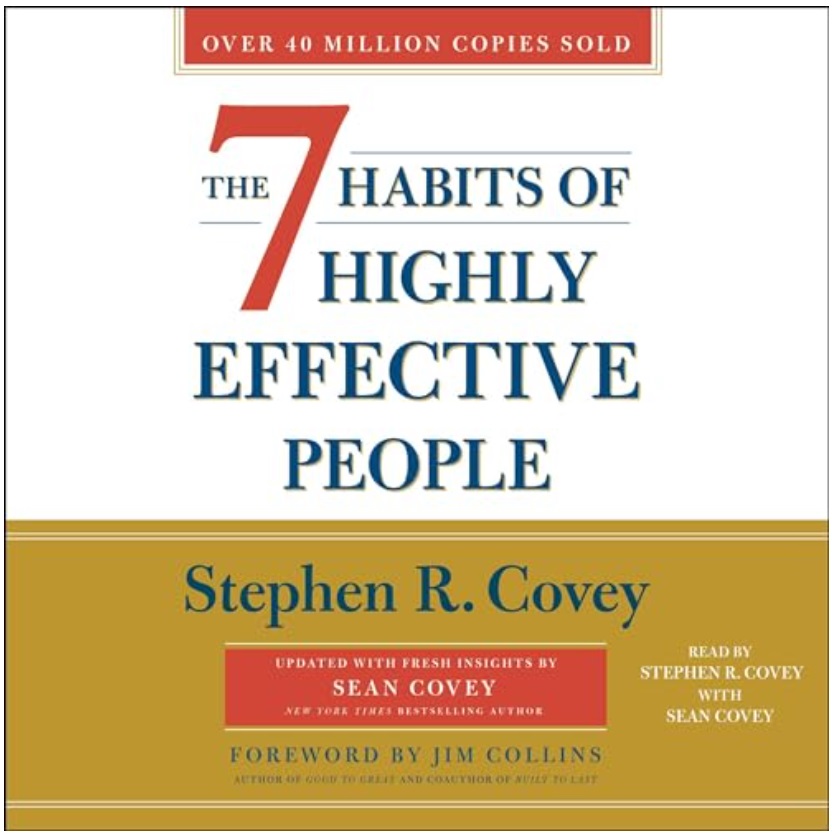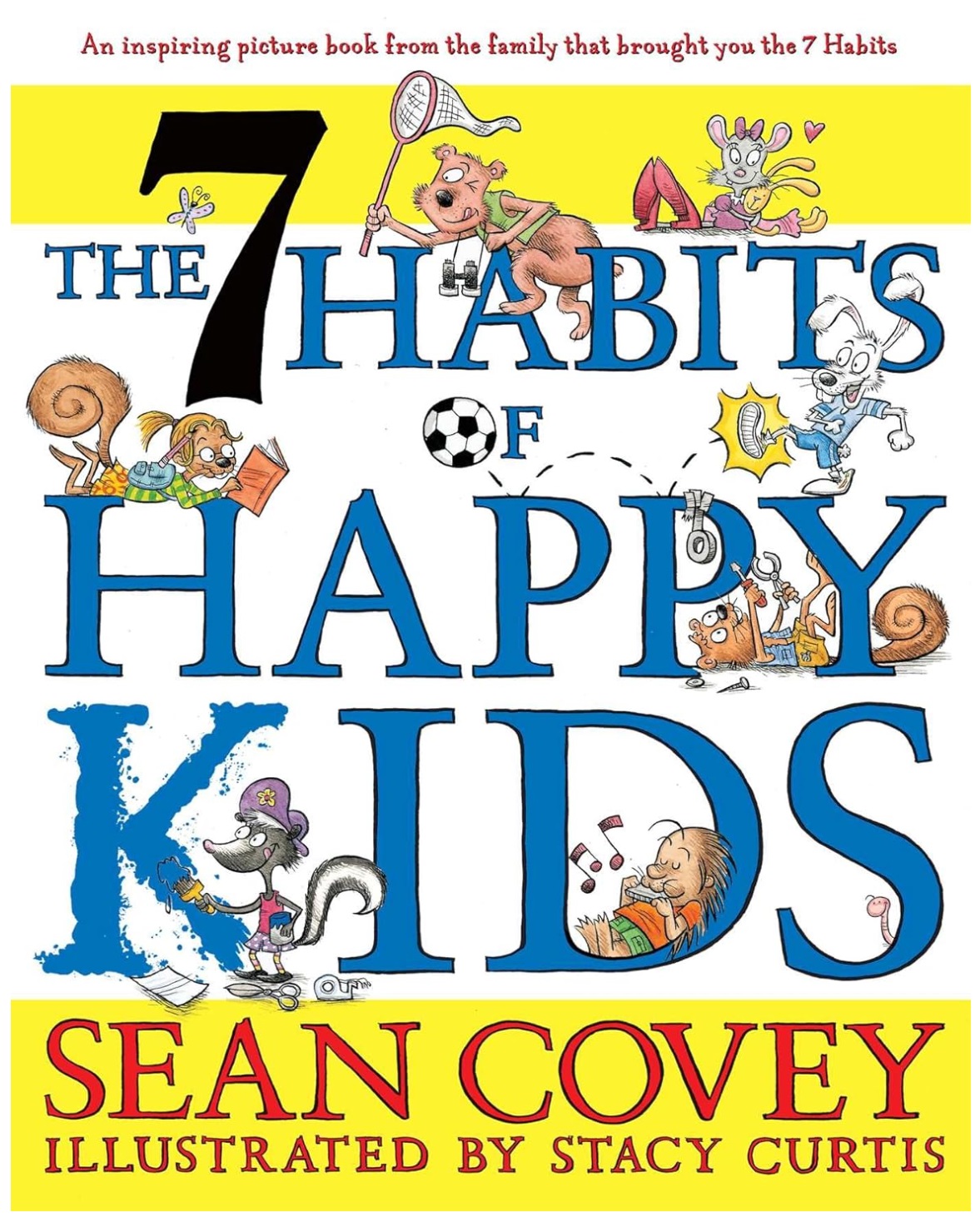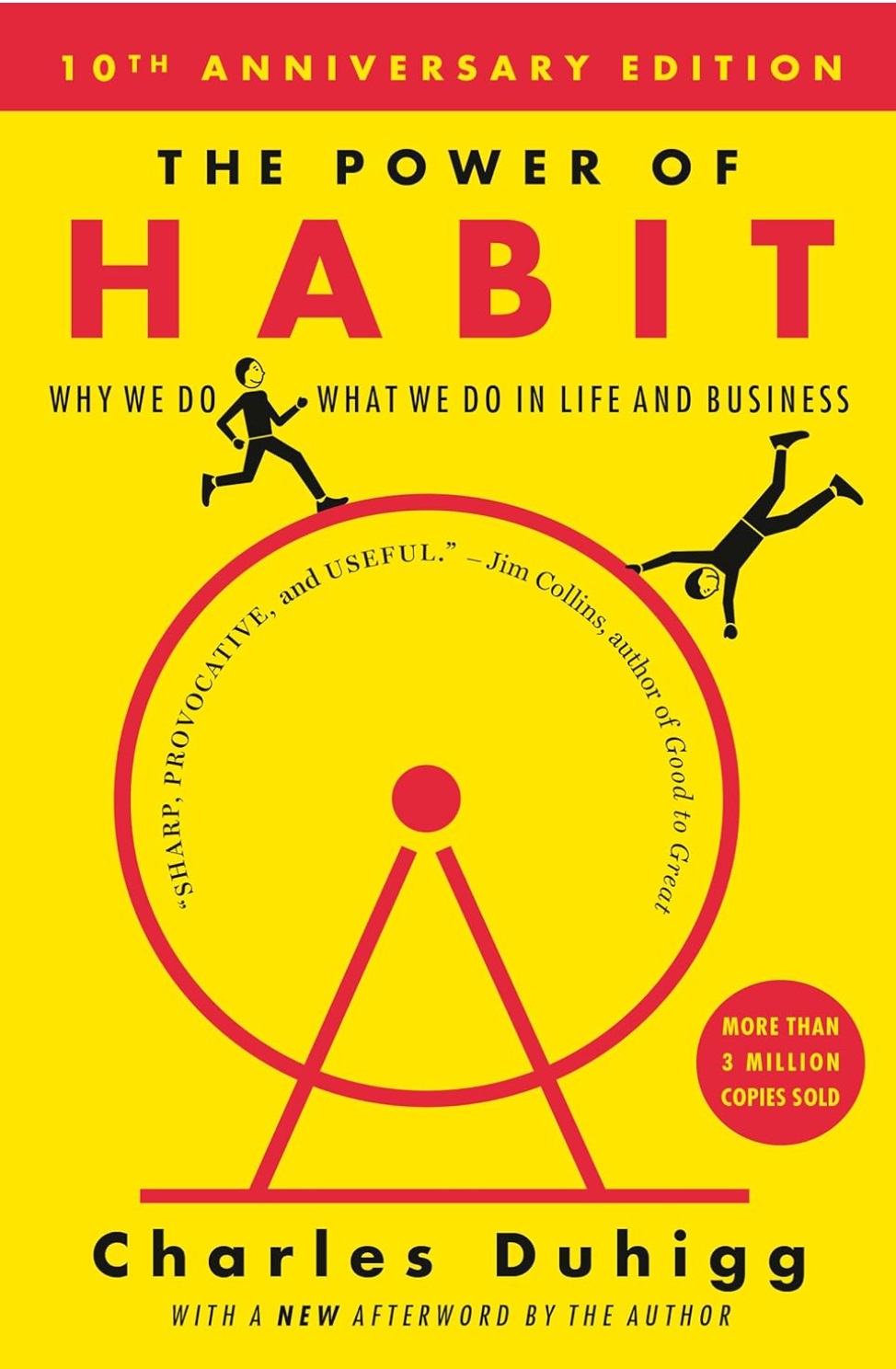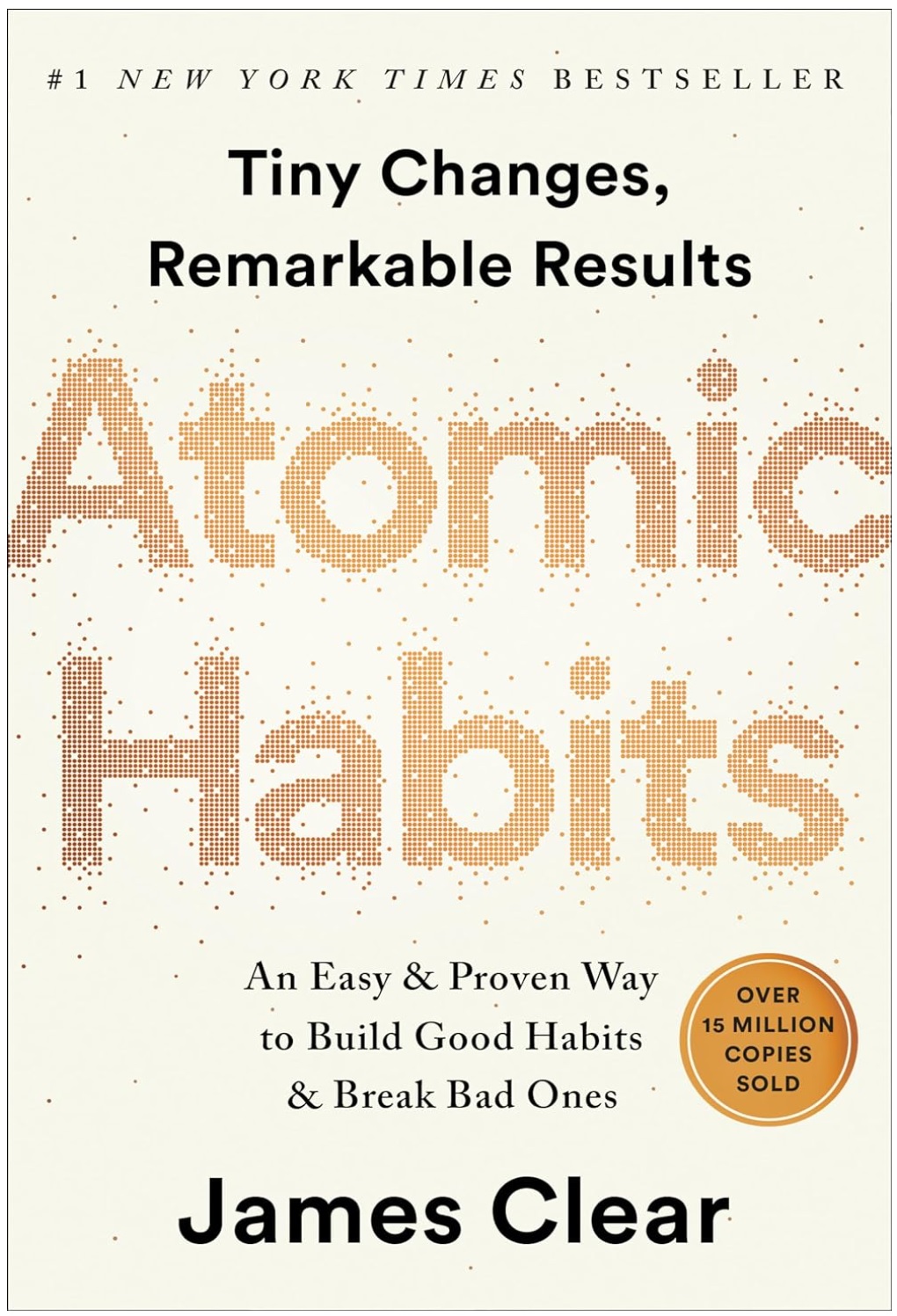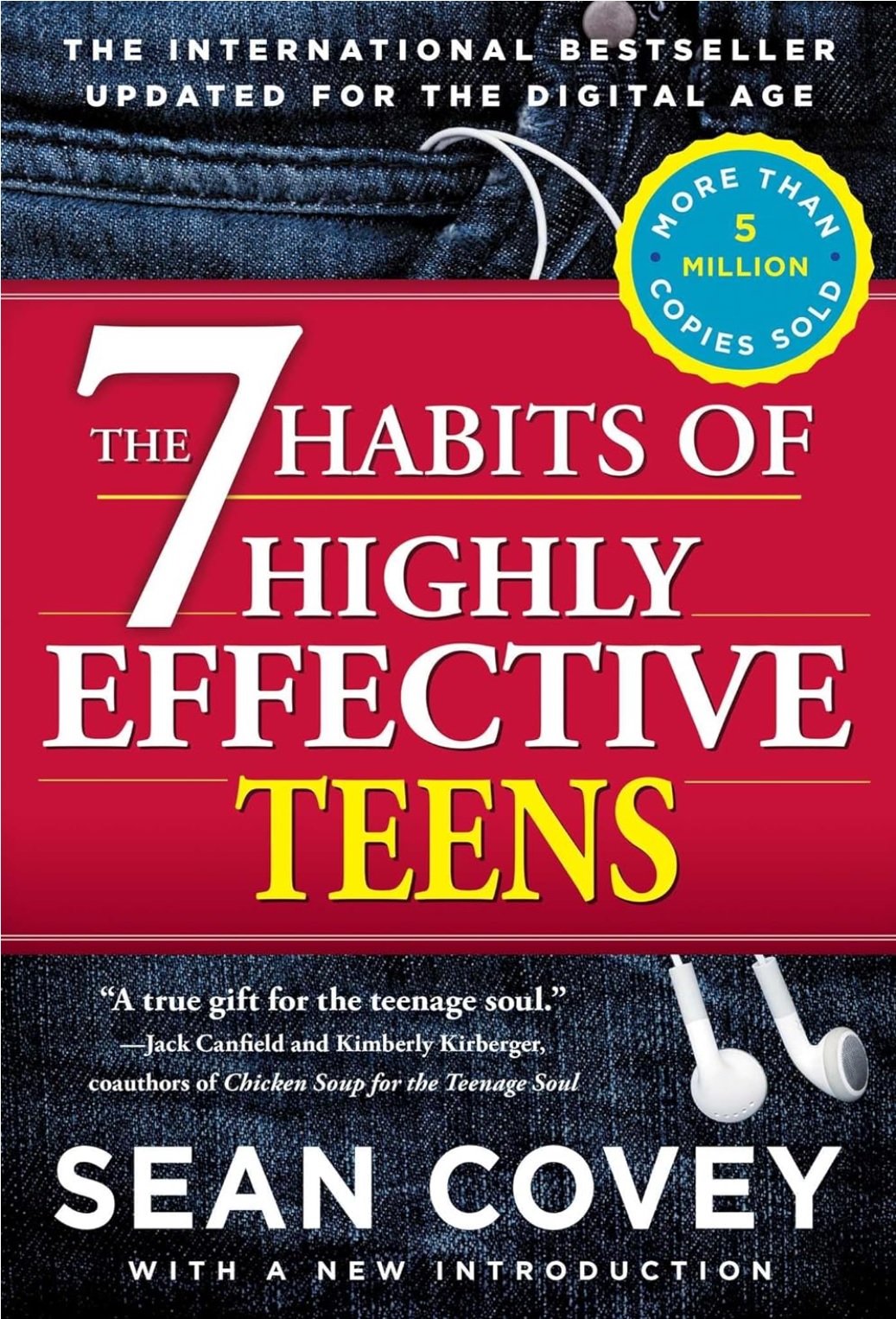Are your habits holding your potential hostage? Dopamine Detox helps you break free from distraction and regain your focus.
With clear steps and no fluff, Thibaut Meurisse shows you how to rewire your brain and face the discomfort that leads to real growth.
This isn’t about perfection, it’s about progress. Reset your brain, reclaim your time, and start doing the hard things that actually matter.
Table of Contents
ToggleIntroduction to the Book
Have you ever sat down to do something important, like writing a report or starting a workout, and suddenly found yourself scrolling social media, checking your email, or watching cat videos on YouTube instead? Yeah, me too. That’s the daily dopamine dance we’ve all come to know, chasing instant pleasure while avoiding hard, meaningful tasks. And that’s exactly what Thibaut Meurisse’s Dopamine Detox sets out to help us stop.
This is not one of those dense psychology textbooks. It’s a quick, accessible guide aimed at people who know they’re addicted to distraction and want to do something about it. The subtitle says it all: “A short guide to remove distractions and get your brain to do hard things.” Sounds simple enough, right? But as you’ll quickly realize, breaking free from dopamine-fueled habits is easier said than done.
What drew me in wasn’t just the promise of “focus.” It was the subtle question lurking beneath the title, what could I achieve if I stopped flooding my brain with cheap dopamine hits all day? That question alone kept me turning pages. And if you’re reading this review, maybe it’s a question you’ve been asking yourself, too.
Essence Of The Book
The core idea behind Dopamine Detox is this: our brains have been hijacked. Thanks to the modern world’s flood of stimulation, think notifications, short videos, fast food, endless swiping, we’ve trained ourselves to crave constant pleasure. We don’t like boredom. We don’t like discomfort. So we reach for quick hits of dopamine without realizing how this damages our ability to focus, do deep work, or pursue meaningful goals.
Meurisse’s solution? A structured detox from all these low-effort, high-dopamine activities. He isn’t telling you to become a monk or give up all pleasure forever. Instead, he’s encouraging a reset, a break that allows your brain to recalibrate. When you take away the “easy hits,” you create space for deeper focus, stronger discipline, and a higher tolerance for discomfort. And guess what? That’s where real growth happens.
Another key message of the book is that discomfort is not the enemy. In fact, the ability to tolerate discomfort is one of the most important skills you can develop. Whether it’s starting a business, running a marathon, or simply reading a long book, success depends on your ability to push through resistance. That’s the essence of this book: remove distractions, face the discomfort, and unlock your true potential.
My Compressed Summary Of The Book
Meurisse begins by explaining how dopamine works. It’s a neurotransmitter that plays a role in pleasure, reward, and motivation. But in today’s world, we’ve overloaded our dopamine circuits. The result? We’ve trained ourselves to constantly seek stimulation and avoid effort. The more we chase instant gratification, the harder it becomes to focus on slow, meaningful progress.
The book then introduces the concept of a “dopamine detox,” which involves removing or limiting stimulating activities, like social media, junk food, Netflix, for a set period. It’s not about removing all pleasure from life, but about pressing pause on the activities that keep you stuck in a loop of distraction and avoidance. The detox gives your brain a chance to reset and recalibrate.
Once the detox is in place, Meurisse shifts to strategies for embracing hard things. He talks about building tolerance for boredom, delaying gratification, and setting up your environment for success. He encourages practices like journaling, habit tracking, and using short-term discomfort as a gateway to long-term growth. In the final chapters, he discusses how to build a more focused, intentional life, one where your time and energy go toward what actually matters.
Chapter by Chapter Quick Overview
Dopamine Detox: A Short Guide to Remove Distractions and Get Your Brain to Do Hard Things by Thibaut Meurisse comprises six main chapters. Each chapter addresses a specific aspect of dopamine’s influence on our behavior and provides practical strategies to mitigate its overstimulation. The chapters are as follows:
Understanding Dopamine: This chapter explains the role of dopamine in motivation and reward-seeking behavior, clarifying common misconceptions about its function.
The Problem of Overstimulation: Here, Meurisse discusses how modern lifestyles lead to constant dopamine stimulation, resulting in decreased focus and productivity.
The Benefits of a Dopamine Detox: This section outlines the advantages of reducing dopamine-driven activities, such as improved concentration and mental clarity.
A Three-Step Method for a Successful Detox: Meurisse provides a practical framework for implementing a dopamine detox, including identifying distractions, adding friction to high-dopamine activities, and establishing a morning routine.
Doing the Work (and Overcoming Procrastination): This chapter offers strategies to maintain focus and productivity after the detox, emphasizing the importance of deep work and minimizing distractions.
Avoiding Dopamine Relapse: The final chapter addresses how to prevent reverting to old habits, suggesting techniques to sustain the benefits of the detox over the long term.
Each chapter builds upon the previous one, guiding readers through understanding dopamine’s impact to implementing and maintaining a detox for enhanced focus and productivity.
Writing Style & Flow
Let me be real with you, this is one of the most no-nonsense books I’ve read in a while. Meurisse doesn’t beat around the bush. The writing is clear, sharp, and incredibly digestible. Each chapter is short and actionable, almost like a pep talk with homework attached.
There’s a minimalistic vibe to his writing, which I really appreciated. There’s no fluff, no unnecessary personal tangents, and definitely no academic posturing. This is a book that wants to help you change your behavior now, not impress you with how many studies it can quote. That said, it’s not cold or robotic either. There’s warmth in his encouragement and simplicity in his delivery. It feels like advice from a wise, focused friend.
The pacing is perfect for readers who are already distracted, ironically, the very audience this book is written for. You can finish it in a day or two, and you’ll probably want to reread sections when your willpower dips. It’s also structured to be skimmable, which makes it an excellent go-to guide for quick reinforcement when you need a mindset reset.
Key Strengths & Weaknesses
Strengths
One of the biggest strengths of this book is its simplicity. Meurisse doesn’t overwhelm the reader with theory. He provides just enough neuroscience to make you go, “Oh, that makes sense,” and then moves straight into action steps. That balance is rare and valuable.
Another strong point is how practical and relatable the advice is. Anyone with a smartphone will recognize themselves in these pages. And the steps he outlines are manageable. You don’t need to uproot your life or meditate in a cave. You just need to create a little distance between yourself and your habits, and watch what happens.
Finally, the tone is encouraging. Meurisse doesn’t scold or shame the reader for struggling with distractions. Instead, he normalizes the problem and offers tools to handle it. That makes the book feel accessible even if you’re not someone who typically finishes self-help books.
Weaknesses
On the flip side, some readers may find the book too light on depth. If you’re the kind of person who wants detailed scientific explanation or case studies, you might feel like it’s missing substance. There’s no deep dive into neuroscience or long-term research findings.
Additionally, the detox concept, while powerful, may feel overly familiar to readers who’ve encountered similar ideas in books like Digital Minimalism by Cal Newport. Meurisse brings his own voice to it, but the core idea isn’t particularly new.
Lastly, the book could benefit from more examples. While the advice is solid, I occasionally wished for a real-life story, someone who did the detox, struggled, succeeded, and changed their life. A narrative element would have added more emotional resonance.
Who This Book Is For
This book is perfect for people who feel like their attention span has shrunk to the size of a goldfish’s. If you’re someone who has a growing pile of half-finished tasks, unopened books, or unstarted goals, you’re the audience Meurisse is talking to.
It’s also ideal for beginners in the personal development world. If you’ve never thought much about dopamine or distraction, this is a great starting point. It’s non-intimidating, to the point, and easy to implement. Even if you’ve read a few similar books, you’ll likely find some refreshingly simple reminders here.
And let’s not forget students, entrepreneurs, creatives, or anyone who works from home. When your entire job depends on your ability to focus without someone breathing down your neck, managing your dopamine intake becomes a superpower. This book helps you train that power, one simple decision at a time.
What Reviews Thought
Amazon Reviewers
Amazon reviewers frequently highlight the book’s simplicity and effectiveness. Many say they were able to apply tips immediately and saw changes in focus within days. One reader wrote, “This book made me realize just how much time I was wasting. I didn’t need a complete lifestyle overhaul—I just needed a plan.”
There are also positive comments about the book’s length. In a world of 300-page manifestos, readers appreciate that Meurisse gets to the point. Some even said they reread it weekly for reinforcement. A few reviewers, however, wanted more concrete examples and a bit more depth.
Goodreads Reviewers
On Goodreads, the feedback is similar. Readers call it a “wake-up call” and say the detox idea is motivating. One reviewer said, “This book hit me at just the right moment. I’d been procrastinating on my goals for months, and now I finally understand why.”
However, more seasoned readers of habit-building and neuroscience books noted that the concepts weren’t groundbreaking. Several people mentioned that while the book was helpful, it served more as a primer than a deep dive.
My Opinion On the Book's Shortcomings
To be honest, I think the simplicity is both the book’s greatest strength and its most noticeable shortcoming. On one hand, it’s super accessible. On the other, I sometimes wished for a little more storytelling. Give me a messy detox journey. Show me someone who slipped up and bounced back. That would have made the message stick even harder.
Also, there were moments where I felt like I was being told things I already knew. Not because they’re wrong, but because I’ve read similar books. That said, I didn’t mind the repetition. Sometimes we don’t need new information—we just need timely reminders.
Lastly, I do wish the book had explored more post-detox strategies. What happens after day seven? How do we maintain focus long-term? While Meurisse touches on this, a bit more depth could have helped those of us trying to turn a detox into a lifestyle.
My Thoughts on Applying This Book's Ideas
The best part about this book? I actually used the advice. I did a mini dopamine detox on a Saturday—no phone, no sugar, no binge-watching—and it was harder than I expected. I paced a little. I felt twitchy. But by the afternoon, something amazing happened: I read 60 pages of a novel I’d been meaning to start for months.
Since then, I’ve become more intentional about how I structure my day. I set up distraction-free blocks, turn off nonessential notifications, and reward myself only after I’ve done something hard. It sounds basic, but it really does rewire how your brain approaches work and rest.
This book reminded me that discipline isn’t about being harsh with yourself. It’s about being deliberate. That shift alone was worth the price of the book.
Comparison to Books on Similar Topics
If you’ve read Digital Minimalism by Cal Newport, The Dopamine Nation by Anna Lembke, or even Atomic Habits by James Clear, you’ll notice a lot of conceptual overlap. However, Meurisse’s approach is different in tone and format. It’s punchier, quicker, and much more approachable if you’re short on time or attention.
Compared to Newport’s more research-driven and philosophical approach, Meurisse offers a more “grab-and-go” version. It’s not trying to convince you with 50 pages of theory—it’s just handing you the playbook. That’s great if you need to act now.
That said, Dopamine Detox might work best as a companion to those longer books. Use this as the gateway, then deepen your understanding with others. It’s the spark, not the full fire.
Final Verdict
Dopamine Detox is a quick, punchy, and highly practical guide for anyone who feels stuck in the loop of distraction and delay. It won’t change your life overnight, but it will help you start making changes today. And in a world drowning in information and temptation, that kind of immediacy is gold.
If you’re serious about reclaiming your attention, doing the hard things that matter, and escaping the trap of constant stimulation, this book is an excellent place to start. No gimmicks, no fluff—just straight-up tools for getting your brain back on your team.
Highly recommended for the busy, the distracted, the overwhelmed, and the quietly ambitious.



